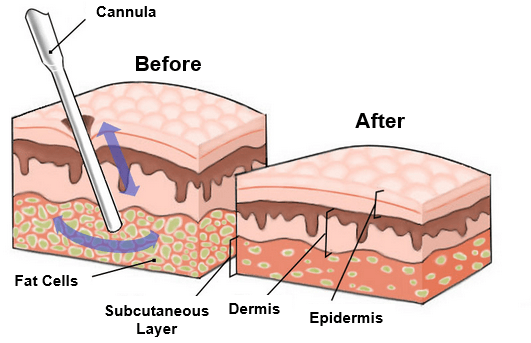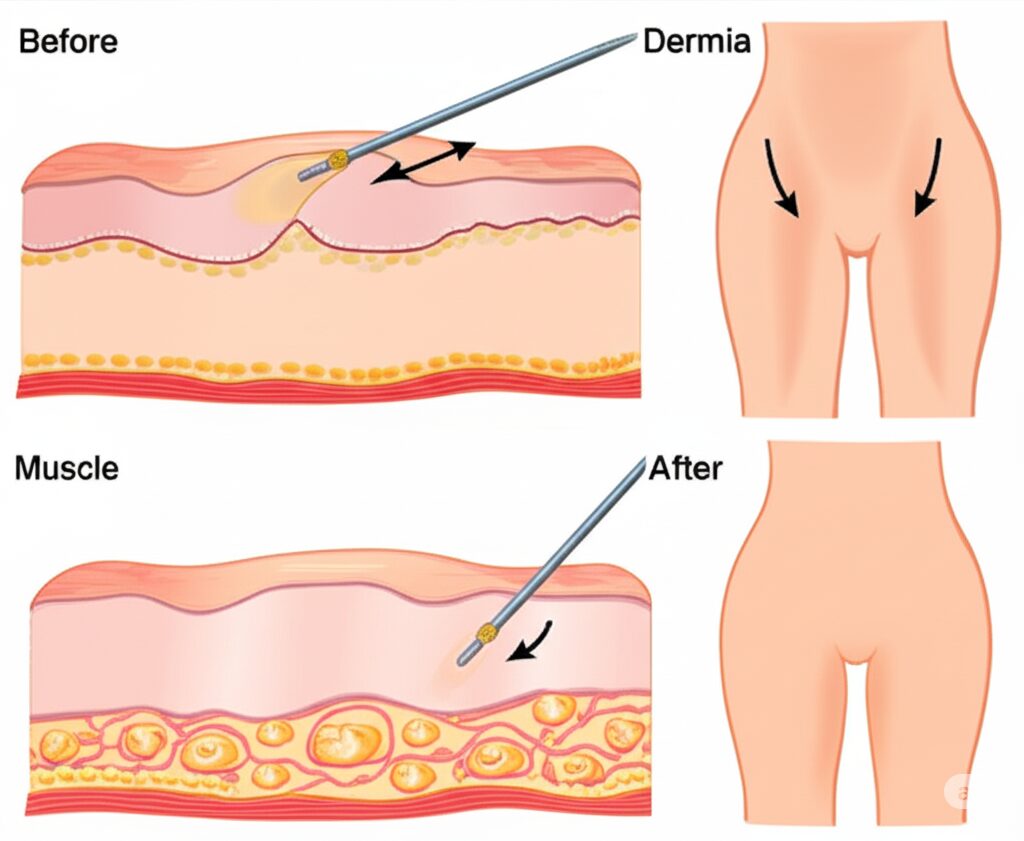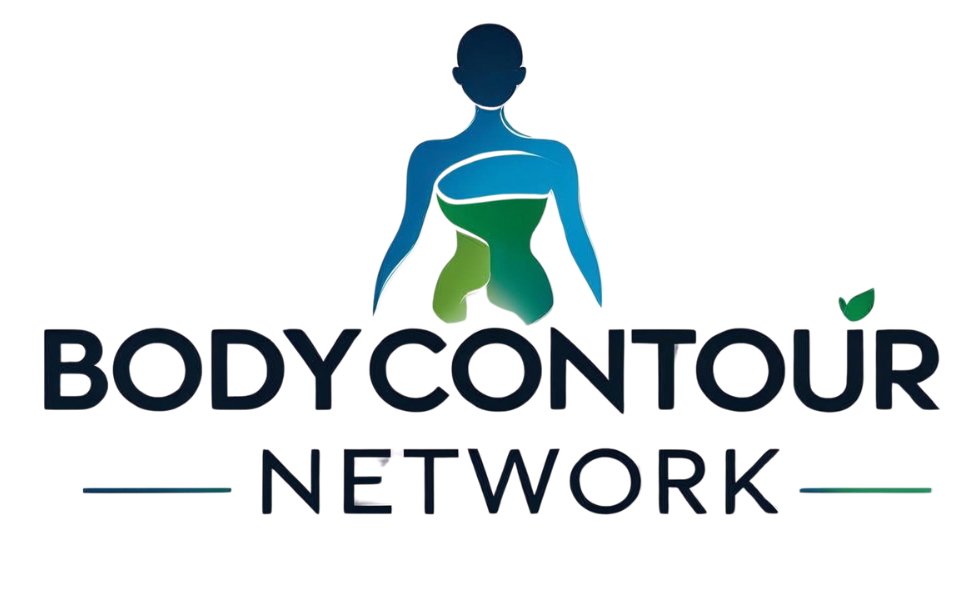Laser Liposuction vs Traditional: Which Technology Delivers Better Results?
Laser liposuction vs traditional methods represent key choices in body contouring. For example, traditional relies on mechanical removal, while laser adds heat for melting fat and tightening skin. However, understanding differences helps select the best for your goals. Additionally, factors like recovery and costs influence decisions.
- How each technology works at the cellular level
- Real-world differences in results and recovery
- Which approach suits different body types and goals
- Cost considerations and long-term value analysis
Core Mechanics of Traditional Liposuction
Traditional liposuction, or suction-assisted lipectomy (SAL), evolved since the 1970s as a reliable fat removal technique. It uses cannulas to mechanically disrupt and suction fat through small incisions. The tumescent method, standard since the 1980s, injects anesthetic fluid to numb areas, reduce bleeding, and firm tissues for efficient extraction—often 2-3 times the fat volume removed.
Surgeons make 3-5mm incisions, moving cannulas to loosen fat cells. This requires skill for even contours, excelling in large volumes (several liters safely). However, mechanical trauma may cause more bruising and swelling. It’s effective for fibrous fat in areas like abdomen or flanks, with proven safety per NCBI StatPearls.ncbi.nlm.nih.gov

See our myths debunked post for common misconceptions.
Advanced Features of Laser Liposuction
Laser liposuction enhances removal with infrared energy to melt fat cells via fiber optics in 1-2mm cannulas. Systems like SmartLipo rupture membranes, coagulate vessels to cut bleeding, and stimulate collagen for tightening—continuing months post-procedure.
Moreover, it’s precise for small areas like neck or arms, ideal for mild laxity without extra surgeries. The heat minimizes trauma, per IntechOpen studies, reducing irregularities.dx.doi.org However, it’s slower for large areas, potentially increasing time and cost.

Comparing Results: Contours, Skin Quality, and Longevity
In laser liposuction vs traditional results, traditional offers dramatic volume reduction for dense fat, showing improvements by 6-8 weeks, final at 3-6 months. Laser provides smoother contours and skin tightening, visible sooner, improving up to a year per Medicalcosmetic.org.medicalcosmetic.org
For example, laser reduces risks like irregularities, with better texture. Traditional may need revisions for laxity. Both permanently remove cells, but weight gain affects remaining ones.
Recovery Experiences: Time, Comfort, and Healing
Traditional recovery involves more bruising and swelling, lasting weeks, with moderate pain managed by meds. Laser, sealing vessels, cuts bruising and eases discomfort, often faster per Cleveland Clinic.my.clevelandclinic.org Additionally, laser patients resume activities quicker, though both need compression garments.
Patient Suitability: Matching Technology to Your Profile
For laser liposuction vs traditional suitability, traditional fits young patients with elastic skin needing volume removal, or fibrous areas like male chests. Laser suits older patients or those with laxity, treating delicate zones precisely.
Moreover, consider goals: dramatic change (traditional) vs refined tightening (laser). Consult surgeons for personalized assessment, as expertise trumps technology.
Cost Breakdown and Value Assessment
Traditional costs 20-30% less, efficient for large areas without equipment overhead. Laser, higher upfront, adds value via tightening, potentially saving on extras. Long-term, laser’s skin benefits endure years, per Cosmoderma.cosmoderma.org
Conclusion
Laser liposuction vs traditional both excel in contouring, with traditional for volume and laser for precision/tightening. Therefore, choose based on needs, consulting experts for optimal outcomes.
FAQs
Q: Fat removal capacity? A: Traditional handles more volume; laser focuses on quality.
Q: Tightening permanent? A: Long-lasting, but aging continues.
Q: Safer method? A: Both safe; laser reduces bruising, traditional has proven track record.
Q: Right choice? A: Depends on skin, areas, goals—consult a surgeon.
Medical Disclaimer: Consult board-certified surgeons for personalized advice

